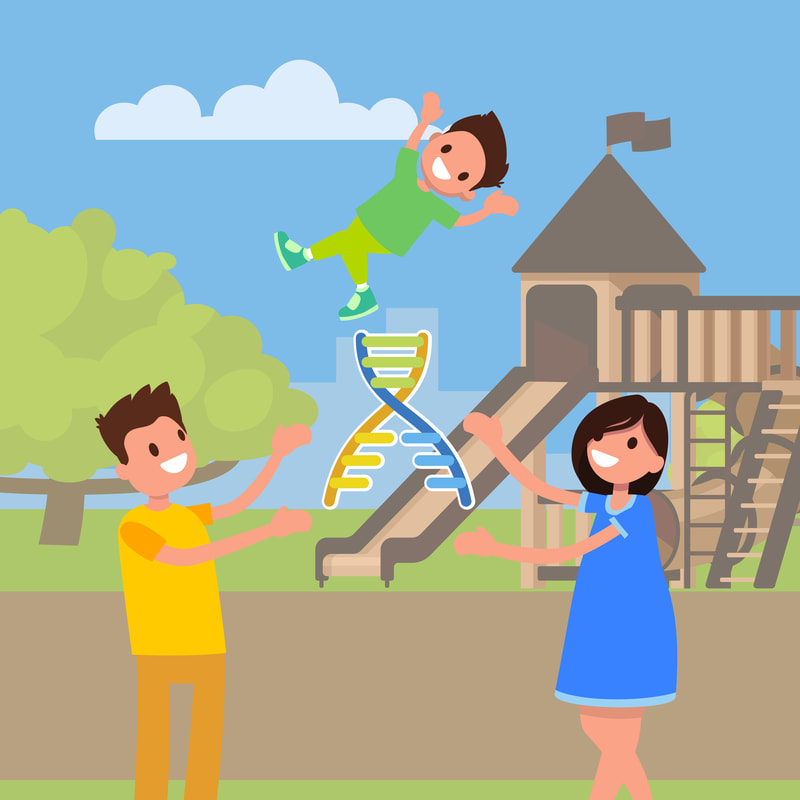|
Genetics
Genetics, a study of the hereditary biological mechanisms that pre-determine the structure, function and even complex behavior of living things, is a key player across the horizon of health sciences.
In some medical disciplines, the role of genes can be applied to inform the specific choice of treatment (e.g. target therapy in oncology). In mental health conditions and complex developmental processes in emotion and cognitions, the application of genetics in forecasting choice of treatment and outcome is not yet a clear-cut solution. Nonetheless, many important discoveries on the underlying genetic characteristics have opened up windows to understand the complex biological paths in human development and mental health, especially the intriguing aspect of how genetic characteristics and upbringing environment mutually affect each other1,2,3,4. It is thus every health scientist’s good intention to expand the knowledge on genetics to understand the specific causes of mental health problems and abnormal development in order to find effective and targeted treatment. Genotyping can now be achieved with non-invasive methods such as collection of buccal swabs. Riding on the unique representative nature of the study population in an epidemiological study, any new knowledge we learn can be applied to the general population. |
|
Powered by / 主辦機構 :
|
Enquiry / Media Contact:
查詢 或 傳媒垂詢: Tel.: (+852) 2607 6050 / 6099 3064
Email: [email protected] |
Copyright © 2019 All Rights Reserved. The Chinese University of Hong Kong.
© 香港中文大學 2019 版權所有
© 香港中文大學 2019 版權所有


